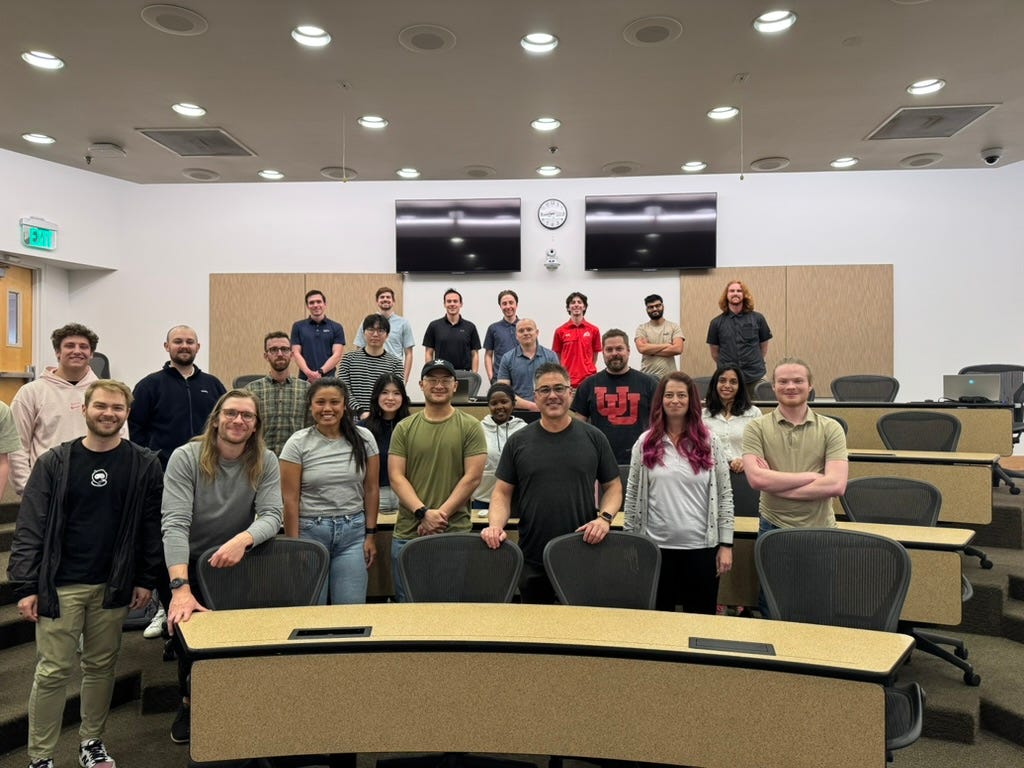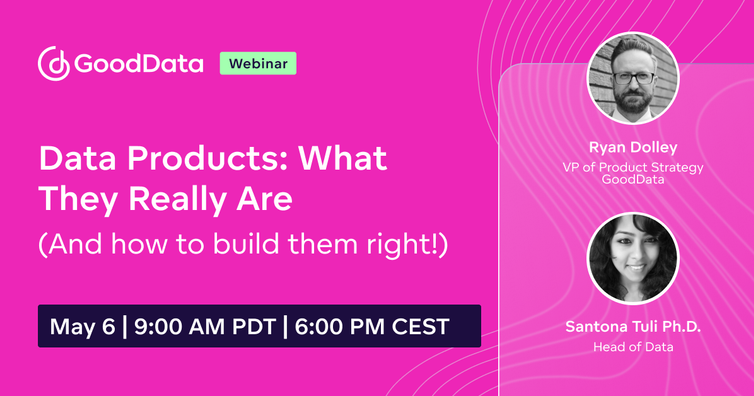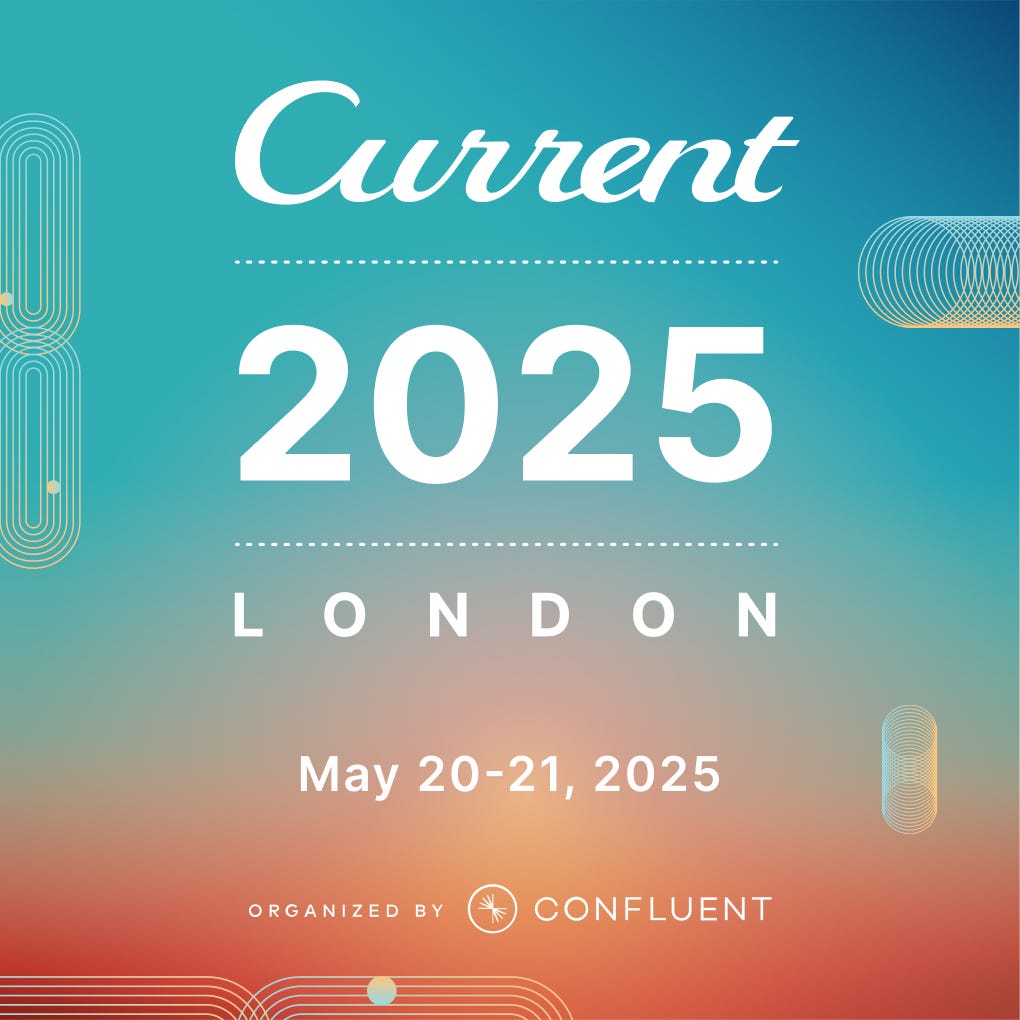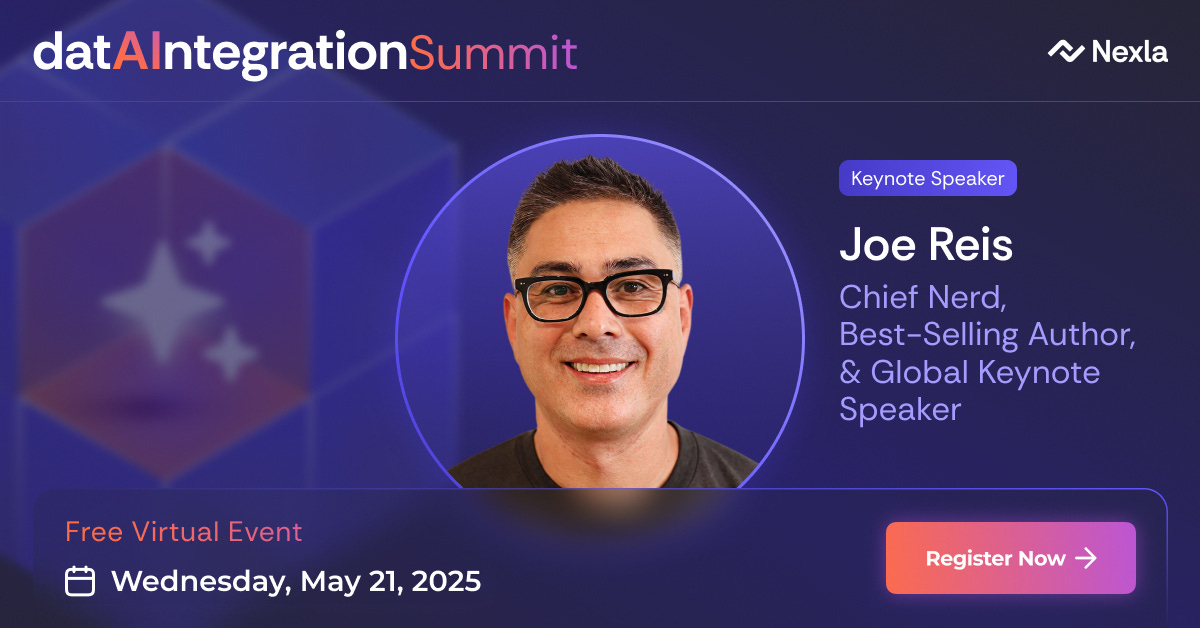
It’s graduation time for many college and university students. Over the last month, I spoke with several groups of students, and I’m often asked for advice on what they should do after school finishes and they're in the real world. There's a set of generic answers that I always give, and I will list some of those here. Every class graduates under a different set of circumstances, and I like giving advice relevant to the time and environment in which people graduate. So there are immutable things I'll talk about and advice that better fits our moment. As with anything, you should take my advice as you would any other advice. Understand if it fits your context, and choose what works for you.
I’m also guessing you want to find work, so much of my advice is oriented toward landing work and progressing in your career. Here are the “greatest hits” of the advice I give students, bucketed into two groups: timeless and present-day.
Timeless Advice
Timeless advice applies no matter where you are in your career. Over time, you’ll see the pack thin between those who continue to grow and excel and those who stagnate. Long-term continuity and evolution are hard, and most people give up. This isn’t a judgment, and it just is what it is. Life happens - kids, work/loss of work, sickness, relocation, etc. But if you can stay focused on these buckets, you’ll have a better than average chance of success.
Invest in Yourself
The best investment you can make is in yourself. The compound interest of personal growth will far outweigh any other investments you make in the stock market, crypto scams, real estate, etc.
Continuously learn. The most successful people I’ve met all share a love for continuous learning and self-improvement. They’re constantly reading, taking courses, and applying their ever-growing knowledge and wisdom. Learn the fundamentals of your craft, explore new tools and technologies, level up on your communication and public speaking skills, and anything else that’s either useful or interesting. I read 2-3 hours a day, write a ton, and check out new technologies and tools on the weekends. These have been my habits for decades, and I think they play a major role in my career growth. Understand, most people won’t invest in themselves for many reasons. But the impact is real, and these people stagnate, stop learning and growing, and just phone it in, both in life and their careers. Don’t be this person. Over an extended period, your ability to learn and apply those learnings will separate you from 99% of people on this planet.
Ruthlessly focus on a few things and learn to say “No.” There’s an apocryphal story about Warren Buffett and his pilot. Warren asked his pilot to make a sorted list of the top 25 things he wanted to accomplish. Then Warren had the pilot cross out everything below the top five items and avoid them at all costs until the top five items were finished. Read the story, by the way. It’s great. The punchline: ruthlessly focus on the priorities. Don’t take on too much at once. Especially when starting in your career, you’ll be tempted to take on a lot of responsibility. This is a surefire way to spread yourself thin, do barely mediocre work, and frustrate yourself. Then you’ll inevitably have to cancel obligations and reduce your workload. Lord knows I’ve done this many times, and it’s not fun. I’ve learned to get good at avoiding new things. My favorite word is “No.” Say no to everything unless it helps you progress toward accomplishing your top goals.
Treat yourself like a business. It amazes me how few people take charge of their careers and put themselves first. There’s a notion that if you’re an employee, you serve at the whim of your employer. That might have been sound advice when the contract between employers and labor was rock solid, but that’s ancient history. These days, most employers couldn't care less about you. The cold reality is that today’s contract is very transactional - you do your job and your employer pays you. This contract can be broken at any time. Take charge of your career and treat yourself like a business. Just like your employer would be dumb only to have a single customer, you’re behaving dumb if your only opportunity is your existing employer. Things change, often unexpectedly. Always open yourself up to new opportunities within your existing employer or outside of it. The best time to find new opportunities is when you don’t need them. And you might be feral like me, where you’re better off striking out alone. That’s your call.
Differentiate yourself. Especially when you graduate, your resume might look similar to others in your class. How will you stand out when applying for work? What internships, gigs, projects, or work experience do you have? How are your personality and “vibe” different from your classmates? If you haven’t done so, take stock of your differences. This is a subjective evaluation, so I don’t have much guidance other than truly understanding what sets you apart. The world is a very crowded, and most everyone is the “same.” These days, blending in and “sameness” are career suicide. Differentiation matters - some might call this a “brand” - and your ability to stand out (for the right reasons) will be a tremendous asset in your career.
Your Network is Your Net Worth
I always say that the biggest enemy most people have is obscurity. Especially when you’re starting, it's likely that nobody knows who you are, and to be blunt, nobody cares. When you’re looking for work as a graduate, the world can be a lonely place. Make your world less lonely and start building your network. But here’s the catch - you can’t be transactional. Some things to avoid: blindly connecting with people on LinkedIn (at least leave a note about why you’re connecting), handing out your resume to strangers, and spamming people asking for help finding work. None of this works, and you’ll look like a fool for doing this.
Instead, pay it forward. I’m a big fan of building and participating in communities. Regularly attend or volunteer at meetups, conferences, hackathons, and similar events and activities. Give talks. Help out. Over time, people will notice your efforts and community involvement. When new opportunities come up, these people already know who you are, making it a lot easier for them to vouch for you. I’m sure there are plenty of similar routes to take, but this is what I’ve seen work. The main point is to get out there, not be transactional, and help others. As Zig Ziglar says, “You will get all you want in life, if you help enough other people get what they want.”
The thing with building your network is it’s a lifelong arc. Don’t get complacent. No matter where you are in your career, your network is key. Your network includes your coworkers, bosses, executives at your company, and people outside of your company. Don’t ignore the latter. I see people with decades of experience suddenly lose their jobs. Finding the next job is strongly associated with leveraging one’s network to find new opportunities. People who find their next opportunity usually have strong networks inside and outside their company. Their network allows them to cut to the front of the line among a sea of faceless applicants. Contrast this with someone with an anemic network, or a network only consisting of their immediate coworkers. These people often struggle even to get interviews. The reason? Nobody outside of your company knows you. So, get out there and build your network outside of your work.
Investing in one’s network starts long before you need to call in favors. This is why you never take your foot off the pedal. Otherwise, whether you’re new or experienced, you’re shotgunning resumes into the void. Especially in today's competitive job market, blindly sending out resumes is a recipe for frustration and burnout. Looking for work is a full-time job in itself. As is often said, your network is your net worth.
Reputation
“It takes 20 years to build a reputation and five minutes to ruin it. If you think about that, you'll do things differently.” - Warren Buffett
Reputation matters. Every day offers a chance to build or destroy your reputation. Your reputation will follow you to the grave.
When you’re starting, you’re building the foundation of your reputation. This includes your work ethic, habits, integrity, character, and how you bring yourself to your work. Assuming you land your first job, excel at it. Pour every bit of yourself into your work. This might fly in the face of today’s advice on work/life balance. Maybe I’m old school, but I think you must prove yourself when you’re young and starting out. There are no shortcuts here. Do great work and relentlessly focus on quality. That said, don’t forget to treat yourself like a business.
The habit of doing great work will build throughout your career. People will notice, and your reputation and network will grow. This often takes a long time. Be patient.
Your reputation is also impacted by where you spend your time and who you spend it with. Don’t waste time with companies, bozos, and people who negatively affect your reputation. Life is too short, and there are too many opportunities to waste on losers.
Here’s an example of how I behave with respect to reputation. When Matt Housley and I started Ternary Data, we agreed that money was secondary to building a pile of reputational capital. If we took shortcuts and tried to make as much money as possible, we’d certainly do that. But we’d also likely take shortcuts and ruin our reputation. So, we decided to focus on doing great work at all costs. The money quickly followed. This is how I approach my new ventures and opportunities. I’ll only do things that build my reputation, help my community, and avoid anything that tarnishes it. Money is secondary. This flies in the face of pundits who tell you to chase every dollar, but this seems gross and myopic. Play the long game. The money will be there, often in far bigger amounts.
Present Day Advice
You're not graduating in the easiest job market. It's difficult even for seasoned veterans to find work. You have the advantage of being cheaper than a highly experienced person. But you're also less experienced, so employers will get what they pay for. Here are two things I’d lean into in today's market.
Be AI Native
AI is everywhere. Companies are clamoring to implement AI and are finding all sorts of challenges. A big crux is a shortage of people with AI skills. A related irony I’m seeing is that mid and senior-level people ignore AI and pass it off as a toy. Their stubbornness is your opportunity.
There's trepidation about AI and its impact on junior workers. It reminds me of the mid-1990s when the Web was becoming popular. Companies were excited to jump onto the World Wide Web. People with the skills to create websites were paid handsomely. New roles like webmaster and Flash Developer emerged. Fast forward to the 2000s; the same happened with mobile development and cloud engineers. New roles emerge with the latest technologies. The world is at a similar inflection point, where new titles and roles will be created. Instead of being scared, I advise you to lean into AI as much as possible. Master it. Invent new ways of doing things. This is your rare chance to become the first crop of AI native workers.
Content is King
As I said earlier, obscurity is the enemy. How will you stand out if you’re applying for the same job amidst an ocean of similar applications? The advice I’m giving everyone - noobs and experienced people alike - lean into content.
You might cringe at this, and that’s fine. Ignoring the power of content is also ignorant and shortsighted. Since most people won’t create content, there will be less competition for creators. The reality is that people are glued to their phones, consuming social media, articles, and videos. Attention is the currency in 2025 and beyond. Learn to capture attention. This will help no matter where you are in your career.
If you’re new to the field, make articles or videos about your journey to learn a tool or technology. Give tips and tricks to people in your situation. When I see an applicant has a YouTube channel, a blog, or a GitHub, I’m more likely to check out their content and get a feel for how the person thinks and communicates. Good thought process and communication are things I weigh very heavily when I evaluate a candidate. Your ability to publish content also shows me you’re not shy about criticism, since the internet can be a very rough.
Best of Luck!
Hopefully, this advice will help you not only in your job search but throughout your career. But then again, the advice is worth the price you paid (free), so use your judgment. Best of luck out there!
Please listen to the audio above or on Spotify (or your podcast platform of choice).
Have a wonderful weekend,
Joe
Everyone’s talking about data products—but what does that actually mean?
Are they dashboards? APIs? Embedded analytics? Join GoodData’s Ryan Dolley with Santona Tuli, Ph.D., in this live webinar where we’ll discuss what is (and isn’t) a data product and the key principles in designing and scaling successful data products.
📆 May 6, 2025
🕘 9:00 AM PDT, 12:00 PM EDT, 6:00 PM CEST
Sponsored by GoodData
Cool Weekend Reads
Here are some cool articles I read this week. I hope you enjoy them.
Is outbound going to die? - Nikhil R
The group chats that changed America | Semafor
How To Get Good at Strategy - by Claire Lew - The Heartbeat
What Happens When Teachers Are Replaced With AI? This School Is Finding Out
Two publishers and three authors fail to understand what “vibe coding” means
SQL Gets Easier: Announcing New Pipe Syntax | Databricks Blog
Backpropagation Through Time (BPTT): Explained With Derivations - QuarkML
Tips on How to Connect at Academic Conferences
Upcoming Events
SLC Low Key Happy Hour - May 9. Register here
I’m excited to be going to London in May. Join me for the European data streaming event of the year with Confluent!
I’ll discuss the implications of AI-generated content and a digital ecosystem drowning in bad data and software, and how to avoid this!
Join me at #Current25 London and use my discount code L-PRM-JOEREIS for 50% off!
See you there! https://cnfl.io/438XnTV
Excited to share that I’ll be speaking at Nexla’s 2025 Data + AI Integration Summit on May 21! This one’s special—not just for the topics (think GenAI, integration, and real enterprise AI), but for the incredible lineup of folks I get to join from Snowflake, Optum, AWS, DeepLearning.AI, and more.
Snowflake and/or Databricks - June TBA
Iceland - Global Data Summit, June 23-24. Register here
Australia (Sydney, Melbourne) - Data Eng Bytes, July 24-30. Register here
UK - Big Data London, September 24-25. Register here
Helsinki Data Week - October TBA
More to be announced soon…
Podcasts
Zhamak Dehghani - Autonomous Data Products, Data Mesh, and NextData - Q&A (Spotify)
Freestyle Friday - Advice for 2025 Graduates (Spotify)
Jessica Talisman - Libraries, Knowledge, Shitty Tech Jobs, and More (Spotify)
Freestyle Fridays - “I don’t need to learn anything anymore.” (Spotify)
Juan Sequeda & Jesus Barrasa - Unlocking Knowledge with Graphs (Spotify)
Freestyle Fridays - Wartime Data Teams (Spotify)
Tim Berglund - The Art of Developer Relations, Hardware Hacking, and More (Spotify)
Freestyle Fridays - Coding is Fun (Again) (Spotify)
Juhani Vanhatapio - From the Arctic Circle to AI (Spotify)
Freestyle Fridays - Shifting Left AND Right. The Data Engineering Lifecycle in 2025. - (Spotify)
Mark Freeman - Shifting Left in Data, Startup Rocket Ships, and More (Spotify)
Vaibhav Gupta - BAML and AI-First Tools (Spotify)
Freestyle Fridays - Figuring Out Your Next Move (Spotify)
Willis Nana - Navigating Data Engineering Leadership, YouTube, and More (Spotify)
Salma Bakouk - Data Observability, the Balance of Running a Startup, and More (Spotify)
There are way more episodes over at the Joe Reis Show, available on Spotify, Apple Podcasts, or wherever you get your podcasts. Also available on YouTube.
Thanks! If you want to support this newsletter
The Data Engineering Professional Certificate is one of the most popular courses on Coursera! Learn practical data engineering with lots of challenging hands-on examples. Shoutout to the fantastic people at Deeplearning.ai and AWS, who helped make this a reality over the last year. Enroll here.
Practical Data Modeling. Great discussions about data modeling with data practitioners. This is also where early drafts of my new data modeling book will be published.
Fundamentals of Data Engineering by Matt Housley and I, available at Amazon, O’Reilly, and wherever you get your books.
The Data Therapy Session calendar is posted here. It’s an incredible group where you can share your experiences with data - good and bad - in a judgment-free place with other data professionals. If you’re interested in regularly attending, add it to your calendar.
My other show is The Joe Reis Show (Spotify and wherever you get your podcasts). I interview guests on it, and it’s unscripted, always fun, and free of shilling.
Would you like me to speak at your event? Please submit a speaking request if you want me to give a workshop or talk at your event.
If you’d like to sponsor my newsletter or podcast, please get in touch with me.
Could you be sure to leave a lovely review if you like the content?
Thanks!
Joe Reis







I love the clarity in this timeless message.
When I proposed the dashboard for the human spirit, and consequently discussed the topic with Chris, we captured the essence of your message to some extent. I'll go back and incorporate more of your teachings.
For instance, the first *, "Invest in yourself" - we can visualize the graphic, the return of that investment.
No matter where we are in our journey, we don't start from zero. Sure, the knowledge will vary, but the core values are always with us and will be a differentiator.
Thanks, Joe!
This is just the advice I've been looking for. I'm guilty of taking on anything at work that seems even remotely interesting or related to my goals. As a freelancer, I've always worried about proving myself and that if I say no too often, I'll get passed over for future projects. Recently I've started to notice how the quality of my work - and my overall health - improves when I truly prioritize the projects that matter most to me personally and professionally) and cut back on those that don't.
Creating content has been in the back of my mind for a while, but I'm still shy about posting (which is silly, I know). As for networking, I've been fortunate enough to have former colleagues who have moved on to different companies/sectors and get to know a few people personally through LinkedIn. Still plenty of room to improve in that area though.
Thanks Joe!